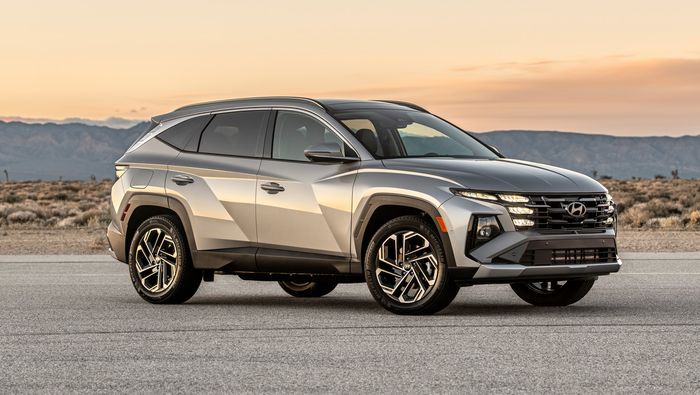CPOpen: Your Gateway to Current Affairs
Stay updated with the latest trends and insights across various topics.
Hybrid Cars: The Sneaky Superheroes of the Automotive World
Discover why hybrid cars are the ultimate eco-friendly heroes! Uncover their secrets and join the green revolution today!
How Hybrid Cars Work: The Science Behind Their Superpowers
Hybrid cars combine the advantages of traditional gasoline engines with those of electric motors, creating a vehicle that is both efficient and environmentally friendly. At the core of hybrid technology is the hybrid electric vehicle (HEV) system, which integrates a conventional internal combustion engine with an electric motor and a battery. This setup allows the vehicle to alternate between power sources or even use them simultaneously, optimizing fuel consumption. In essence, when the vehicle accelerates, the electric motor provides additional power, which reduces the strain on the gasoline engine and improves overall fuel efficiency.
The science behind hybrid cars also involves regenerative braking, a feature that captures energy usually lost during braking and redirects it to recharge the battery. When the driver applies the brakes, the electric motor operates in reverse, acting as a generator to convert kinetic energy into electrical energy. This process not only extends the battery life but also enhances the car's performance, making it more sustainable. For a deeper dive into how these innovative vehicles enhance driving experience and reduce emissions, check out this comprehensive overview from the Union of Concerned Scientists.

Top 5 Benefits of Driving a Hybrid Car: Eco-Friendly and Cost-Effective
Driving a hybrid car offers numerous advantages, particularly in terms of eco-friendliness. One of the most significant benefits is reduced emissions. Hybrid vehicles combine a gasoline engine with an electric motor, which means that they emit fewer harmful pollutants compared to traditional gasoline-powered cars. According to the Environmental Protection Agency, this reduction in emissions contributes to better air quality and aids in combating climate change. Additionally, many hybrid models achieve impressive fuel efficiency, allowing drivers to go farther with less fuel, which is not only beneficial for the planet but also for your wallet.
Aside from their environmental benefits, hybrid cars are also cost-effective. Many regions offer tax credits and incentives for hybrid vehicle owners, significantly lowering the initial purchase cost. Moreover, the savings continue with lower fuel bills. According to a report by Edmunds, hybrids often deliver better miles per gallon than their conventional counterparts, allowing homeowners to save money on fuel in the long run. Additionally, with fewer moving parts and less wear on the engine, maintenance costs for hybrids can also be lower over time. In essence, choosing a hybrid car aligns financial savings with a commitment to sustainability.
Are Hybrid Cars Worth It? Addressing Common Myths and Misconceptions
When evaluating whether hybrid cars are worth it, many potential buyers are often influenced by common myths that contribute to their hesitation. One prevalent misconception is that hybrid vehicles are significantly more expensive to maintain compared to their traditional gasoline counterparts. In reality, studies show that the maintenance costs for hybrid cars can be comparable or even lower over time due to fewer moving parts in their engines (source: Edmunds). Additionally, the regenerative braking system used in hybrids helps to reduce wear and tear on brake components, which can lead to savings in repair costs.
Another myth suggests that hybrids are not as powerful or enjoyable to drive as conventional cars. In fact, many modern hybrid models boast impressive acceleration and performance, thanks to their electric motors providing instant torque. For instance, cars like the Toyota Prius Prime and Tesla Model 3 have not only challenged these stereotypes but have also become popular choices for drivers seeking both efficiency and excitement behind the wheel. Ultimately, understanding the facts behind these misconceptions can help consumers make informed decisions about the benefits of investing in hybrid vehicles.